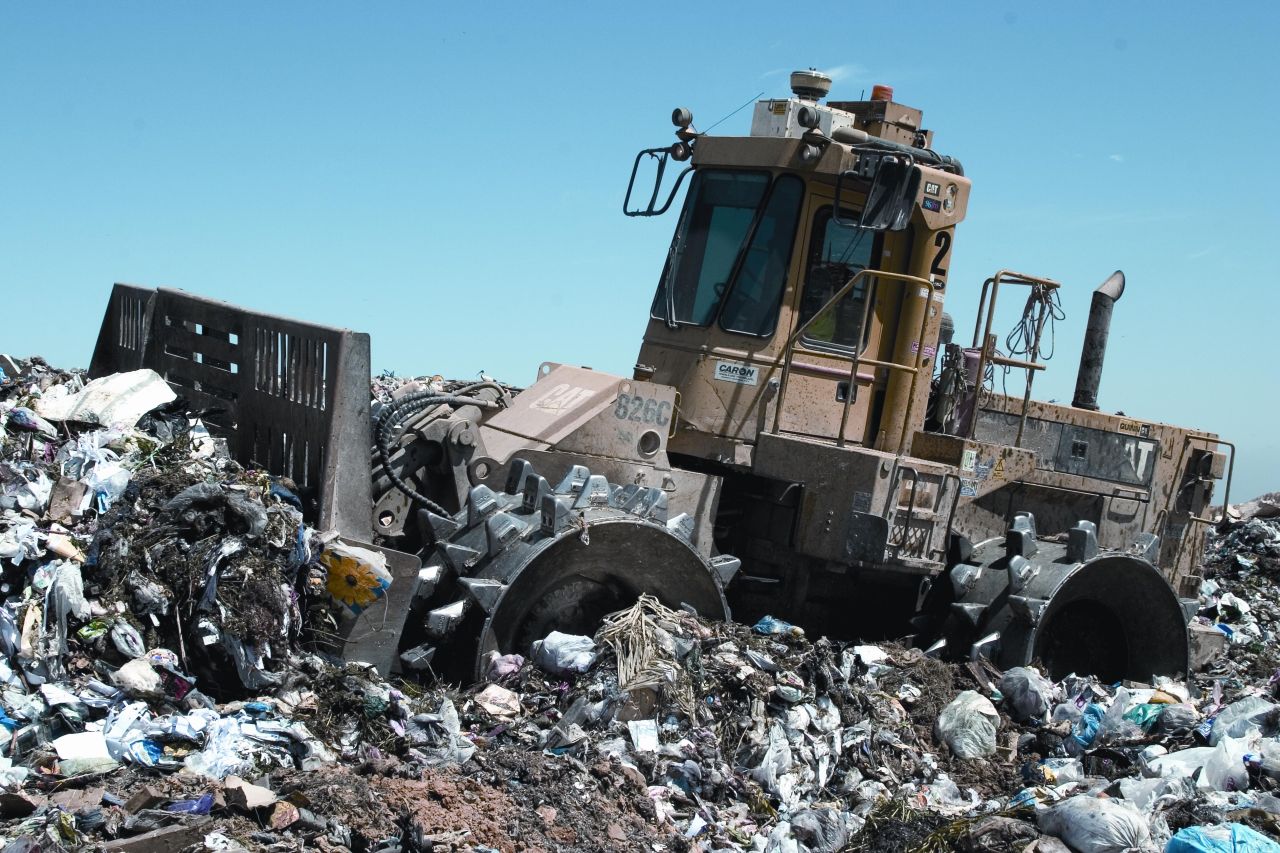
By John MacFarlane
Editors note: this piece was originally published in the Fort Worth Star Telegram
On September 15th, I attended a public forum on Fort Worth’s solid waste management plan. I, along with approximately 60 other passionate people, including employees of Texas Campaign for the Environment (TCE), expressed our concerns about the state of the current waste management plan.
Fort Worth recently released its draft 20-year Comprehensive Solid Waste Management Plan, outlining how the city will reduce, manage and dispose of its solid waste during the next two decades.
Conservationists say that, like Austin and Dallas, cities like Fort Worth should be working on “zero waste” going to their landfills. These long-term “zero waste” plans reduce waste going into landfills and incinerators by up to 85-90 percent, Fort Worth’s goal is only 50 percent by 2036.
Zero waste is a philosophy that encourages the redesign of commercial and consumer products so that all materials are reused, recycled or composted. Waste diversion programs such as recycling and composting can be extended to all apartments, businesses, events and public places. Little to no materials are wasted in landfills or incinerators. While the Fort Worth plan has some good ideas, it does not include specific policies to achieve substantial landfill diversion or sustainability within the 20-year period.
The Director of Code Compliance, Brandon Bennett, began the forum speaking about how important this plan is and that it’s important to “get it right”, while balancing the needs of the business community and being as green as possible; about the balancing act between over-regulation and autonomy. Next, the Assistant Director over Solid Waste, Robert Smouse, made a presentation on the 2 year process and where we are now. The City then opened it up to comments from the attendees.
Approximately 20 people spoke, ranging from being satisfied with the plan to the need to make it stronger. One person spoke about how they had started a curbside compost pickup company with the music director of the Fort Worth Symphony Orchestra, Miguel Harth-Bedoya. Harth-Bedoya is known throughout the community as being passionate about recycling and composting. Another person spoke about her non-profit, a group that focuses on product reuse. Overall, a majority of the speakers were interested in a robust zero waste and that the plan should be revised.
Zero Waste Fort Worth, Texas Campaign for the Environment and the Greater Fort Worth Sierra Club think the city can do better – much better!
Organic materials (food and yard waste) continue to be the largest component of municipal solid waste. So, why does the plan only recommend a study to identify suitable city-owned property for a new composting facility by 2020?
We call on the city to immediately initiate a pilot program for curbside organics collection and composting, with implementation of residential organics collection by 2019 and city-wide collection by 2023.
Another component the plan doesn’t address well is industrial, commercial and institutional recycling. Currently, commercial businesses are not required to recycle, and most do not voluntarily recycle. Unfortunately, the plan only recommends requiring private haulers to offer optional recycling services to businesses by 2018.
We recommend the city require by ordinance that all commercial businesses must recycle by 2019, similar to the requirement that Fort Worth already uses for apartments.
Fort Worth is growing, and there is a great deal of new construction and building demolition. Construction and demolition waste is another large component of municipal solid waste that isn’t being addressed in Fort Worth. The plan only recommends working to establish a program that encourages the diversion of construction and demolition materials.
We recommend the city require by ordinance that 40 percent of construction and demolition materials be recycled by 2020, moving to 80 percent by 2029.
Keeping valuable resources from being wasted not only benefits the local and regional environment by reducing emissions and energy use, but also stimulates job growth and boosts our economy.
Will the City revise the plan to include the important components we’ve recommended? Well, we’ll just have to wait and see. But you can bet that the Fort Worth Sierra Club will stay on top of it and continue speaking with city council and city staff to ensure this plan puts Fort Worth on a path to zero waste.
John Macfarlane is the conservation chairman for the Greater Fort Worth Sierra Club, which advocates for clean water, clean air and zero waste.